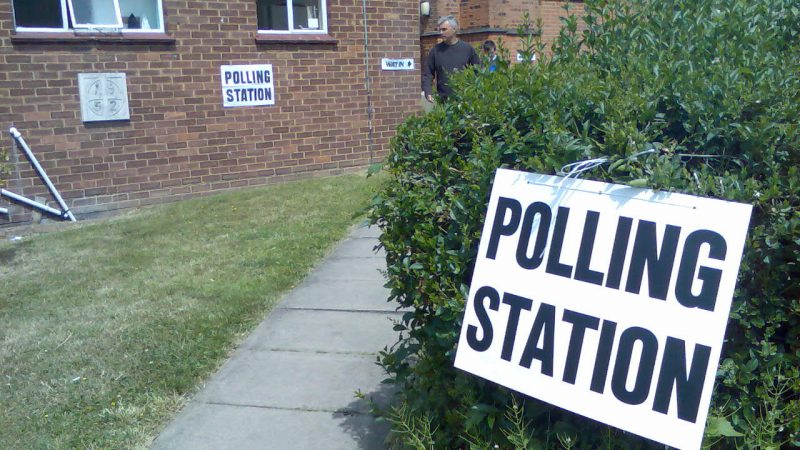"Confusing" and "unnecessary" voter ID laws have shut people out of voting

More than 400,000 people could have been prevented from voting in the general election because they didn’t have the necessary ID, polling has suggested.
Polling from More in Common found that as many as 3.2% of the public say they were turned away from a polling station at least once on July 4. That would be the equivalent of around 850,000 people in the UK.
According to the poll, more than half of these people said they did not return to the polling station or that they did return but were still not able to vote.
The poll found that people of colour were far more likely to be turned away from polling stations than white voters. 6.5% of voters of colour were turned away from polling stations at least once, compared with 2.5% of white voters.
These figures don’t include those voters who may have been put off from attempting to vote altogether as they knew they did not have the required forms of ID. 6% of people told the polling firm that the ID requirements had affected their decision on whether or not to vote, and they then did not vote
Georgie Laming from Hope Not Hate – the anti-racist campaign group which commissioned the polling – told the Guardian: “This was a generation-defining election and yet, hundreds of thousands of voters were shut out from voting because of confusing and unnecessary voter ID laws. This general election was the first under new photo ID rules and it must be the last.”
Requiring voters to present ID at a polling station in order to vote was introduced in 2022. Prior to the introduction of mandatory voter ID, critics argued that it would lead to disenfranchisement of specific groups of voters, including people of colour and trans people, and that the problem it was supposedly aiming to solve – voter fraud – was virtually non-existent.
Alba Kapoor, Head of Policy at the Runnymede Trust, said: “As we warned, these Voter ID laws are discriminatory by design; and must be scrapped. They are an attack on the democratic rights of people of colour, and leave people without a say in the running of our country. At a time in which over half of Black children are living in poverty in Britain, people have been denied a say in shaping our country’s uncertain future. This has to change before the next election.”
The poll also found that of those turned away, one-third (36%) had an ID which was not on the list of acceptable forms of ID, while one in four (28%) stated that the name on their ID was different to that listed on the electoral register. A further one in 10 people (12%) reported that they were told their ID picture did not match their appearance.
David Weaver, Chair of Operation Black Vote, said: “It comes as no surprise that BME communities are disproportionately affected by voter ID requirements. At Operation Black Vote, we’ve been engaging with African, Asian and Caribbean communities across the country and repeatedly hear how the system has continually failed them. These systematic barriers underscore a democracy that too often works against us rather than for us, highlighting the urgent need for large-scale constitutional reform.”
Chris Jarvis is head of strategy and development at Left Foot Forward
Image credit: Oatsy80 – Creative Commons
Left Foot Forward doesn't have the backing of big business or billionaires. We rely on the kind and generous support of ordinary people like you.
You can support hard-hitting journalism that holds the right to account, provides a forum for debate among progressives, and covers the stories the rest of the media ignore. Donate today.



